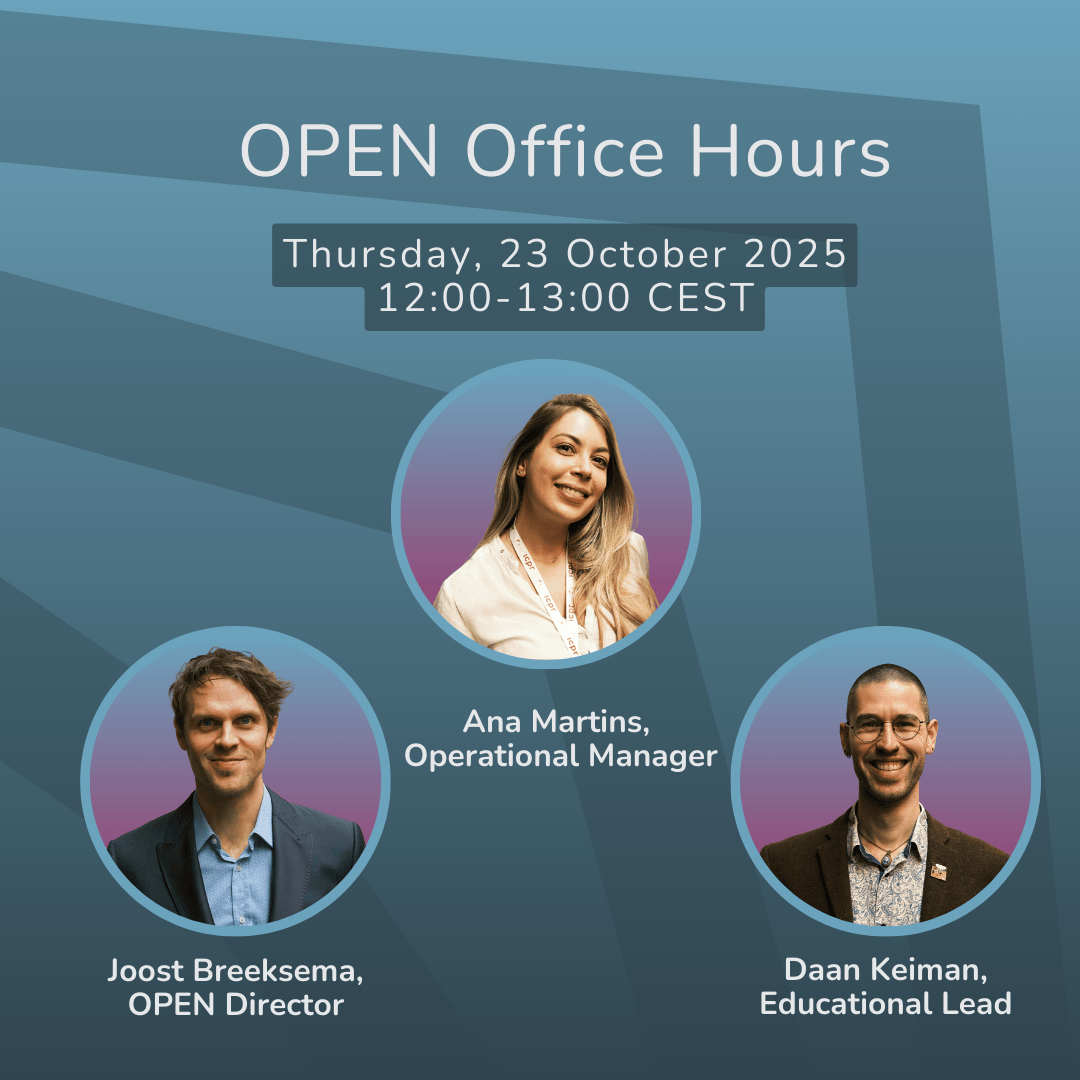The ADEPT program is delivered in a hybrid format. While the 10 modules and weekly practice tutorials are conducted online and can be followed remotely, participants are required to travel for the in-person training days and experiential workshops. These sessions will take place at a central location in the Netherlands. Please note that participants are responsible for covering their own travel expenses.
Professional training for excellence in psychedelic therapy
A two year, comprehensive training with in person learning for the next generation of skilled, ethical, and responsible psychedelic therapists.
Essential education for future psychedelic therapists
A fully online, 13-month comprehensive interactive education programme for mental health practitioners covering the principles, evidence, and ethics of psychedelic-assisted therapy.
Bringing together highly experienced professionals with decades of expertise in providing and researching psychedelic therapy, ADEPT is a unique training programme specially designed to equip participants with the core competencies needed to become highly skilled and responsible psychedelic therapists.
ADEPT combines theoretical learning through case studies, lectures and tutoring with hands-on training through mentorship, role play and supervised learning therapy. This comprehensive approach fully equips participants to safely, ethically, and competently integrate psychedelic-assisted therapy in mental healthcare.
Programme Overview
Start Date
September 2026
Programme Length
24 Months
Format
Hybrid
The ADEPT program spans two years and is delivered in a hybrid format, combining the flexibility of online lectures and tutor groups with the deep learning made possible through immersive in-person meetings. ADEPT contains ten 4-week online modules, five in-person meetings, and three multi-day experientials.
The ADEPT program spans two years and is delivered in a hybrid format, combining the flexibility of online lectures and tutor groups with the deep learning made possible through immersive in-person meetings. ADEPT contains ten 4-week online modules, five in-person meetings, and three multi-day experientials.
- Online modules teach a wide variety of topics, always touching on ethics and integration of theory into practice. Somatic and contemplative practices are taught throughout.
- In-persons focus on applied learning, community building, and practice. These take place a central location in the Netherlands.
- Experiential workshops provide opportunities to both facilitate and undergo self-experiences with psilocybin-containing truffles, under the supervision of clinical experts.
The first year includes seven online modules, three day-long in-person trainings, and one 3-day experiential. The second year includes three modules, two day-long in-persons, and two five-day experientials.
Gain full competency in psychedelic-assisted therapy
0
evidence-based modules
covering clinical applications, scientific foundations, and ethics.
0
Experiential practicums
Workshops in self-experience and facilitation (3-5 days)
0
in-person training days
with leading experts and hands-on practice
Learning Goals, Modules & Formats
Learning Goals
Master Core Therapeutic Practices
Develop a deep understanding of core practices in psycholytic, psychedelic-assisted therapies and MDMA-assisted therapy, contextualized within historical, cultural, and ethical frameworks.
Enhance Client-Centered Guidance
Develop expertise in guiding clients through pre-session preparation, session support, and post-experience integration, using a client-centered approach and an integrative therapeutic process.
Understand Pharmacology and Neurobiology
Gain in-depth knowledge of the pharmacological and neurobiological actions of classical and atypical psychedelics, including mechanisms of action and potential side effects.
Ensure Patient Safety
Cultivate skills to perform comprehensive health screenings, identify contraindications, and develop risk mitigation strategies, ensuring the highest safety standards for clients throughout their therapeutic journeys.
Integrate Indigenous Wisdom
Understand traditional and indigenous practices with psychedelics, and integrate these insights into a culturally attuned therapeutic framework that respects diversity and inclusivity.
Navigate Ethical Complexities
Learn how to navigate complex ethical issues in PAT, such as informed consent, therapeutic touch, and others, to maintain integrity and client-centered care.
Cultivate Mindful Presence
Cultivate the ability to be fully present, utilizing mindfulness, somatic practices, and self-reflection to maintain a centered and empathic therapeutic approach.
Gain Practical Experience
Gain hands-on experience in PAT sessions using both non-substance and substance-based modalities, under the supervision of highly experienced facilitators.
Engage with Research
Engage in critical analysis of the latest research findings on psychedelic-assisted therapy to differentiate between realistic outcomes and limitations.
Module overview
Orientation, core competencies and key concepts
Module 1
Welcoming module, introducing the program’s cyclical structure of theory, practice, ethics, and integration. Focuses on building a supportive learning community, exploring core principles of psychedelic-assisted therapy, competencies, ethics, legal considerations, and fostering professional growth.
Historical and critical perspectives on psychedelics and psychedelic-assisted therapy
Module 2
Module 2 explores the history and diversity of human psychedelic use, from ancient practices to modern therapeutic applications, emphasizing how historical insights inform contemporary psychedelic-assisted therapy (PAT) practices with ethical and inclusive approaches.
Neurobiology and psychopharmacology of psychedelics
Module 3
Module 3 explores the scientific foundations of PAT, including pharmacology, neurobiology, and dosing. Participants critically evaluate research limitations, address hype and expectations, and gain insights into integrating scientific evidence into clinical practice with a nuanced and reflective approach.
Clinical evidence: risks, processes, outcomes
Module 4
Module 4 explores therapeutic mechanisms and applications of psychedelics, focusing on factors like emotional breakthroughs, mystical experiences, and connectedness. It addresses risks, challenges, and adverse effects, emphasizing integrative care frameworks for navigating the multidimensional nature of PAT.
Models, modalities, and paradigms of (psycho)therapy in PAT
Module 5
This module focuses on integrating psychedelics into mental health care, emphasising the application of diverse evidence-based psychotherapeutic frameworks in preparation, session facilitation, and integration. It explores relational dynamics, somatic practices, existential meaning-making, and valuable insights from indigenous traditions and personal psychedelic experiences.
The arc of psychedelic-assisted therapy: preparation
Module 6
Module 6 focuses on preparing patients for PAT, covering indications, contraindications, and best practices for safe sessions. Participants learn psychological screening, risk mitigation, informed consent, and the importance of building a strong therapeutic alliance.
Understanding and working with non-ordinary states of consciousness
Module 7
This module explores non-ordinary states of consciousness (NOSC) induced by psychedelics, addressing personal, transpersonal, and interpersonal dimensions, as well as unique (counter)transference issues in PAT. It highlights the role of ritual and community in contextualizing NOSC.
The arc of psychedelic-assisted therapy: session
Module 8
Module 8 focuses on supporting patients during and after psychedelic-assisted sessions, emphasizing safety, empathy, and managing challenges. Participants learn session dynamics, handling intense experiences, and implementing culturally sensitive care. It provides frameworks for patient support, aftercare, and therapist self-care.
The arc of psychedelic-assisted therapy: integration
Module 9
Module 9 focuses on the integration phase, addressing intrapersonal, interpersonal, and transpersonal dimensions. Participants learn techniques to navigate post-session challenges, support meaning-making, and provide care tailored to diverse needs, emphasizing infrastructures for long-term integration in clinical and community contexts.
The science and art of group therapy with psychedelics
Module 10
The final module delves into group therapy in psychedelic applications, focusing on boundaries, group dynamics, and ethical considerations. It highlights best practices for safety, supervision, and accessible care, emphasizing ongoing education, accountability, reflexivity, and inclusivity in therapy.
Formats
Monthly Q&A
Monthly two-hour curated live Q&A sessions with core and guest faculty.
Weekly classes
Weekly 2-hour lectures, followed by 2-hour live work groups guided by qualified tutors.
In-person meetings
5 full-day in-person meetings at a central location in the Netherlands. Virtual participation is not available for these sessions. Attendance is mandatory.
Three experiential workshops
One 3-day and two 5-day experientials. Participants take patient & therapist roles in a learning therapy context, using legal psilocybin-containing truffles.
10 online modules
On demand lectures, specially designed for the ADEPT curriculum on select relevant topics (see Modules tab), covering Theory, Practice, Ethics & Integration
Supplementary materials
Curated articles, book chapters, and videos.
Scroll up for Learning goals, modules & formats
Eligibility criteria
- Licensed mental health professionals (e.g., psychotherapists, clinical psychologists, psychiatrists, medical doctors with psychotherapy training)
- BIG registration or equivalent to licensed professionals
- ≥3 years experience providing psychotherapy or mental health care
- Comprehension of academic English
- Minimum age: 25 years
- Minimum BA/BSc
- Professionals with other relevant backgrounds may be considered (e.g. psychiatric nurse, nurse practitioner, mental health or palliative nurse)
Faculty
The faculty was selected for their extensive experience, diverse expertise, and leadership in psychedelic-assisted therapy, clinical research, ethics, and education. These global experts contribute to curriculum development, teaching, and mentorship, guided by integrity, professionalism, and deep therapeutic understanding.
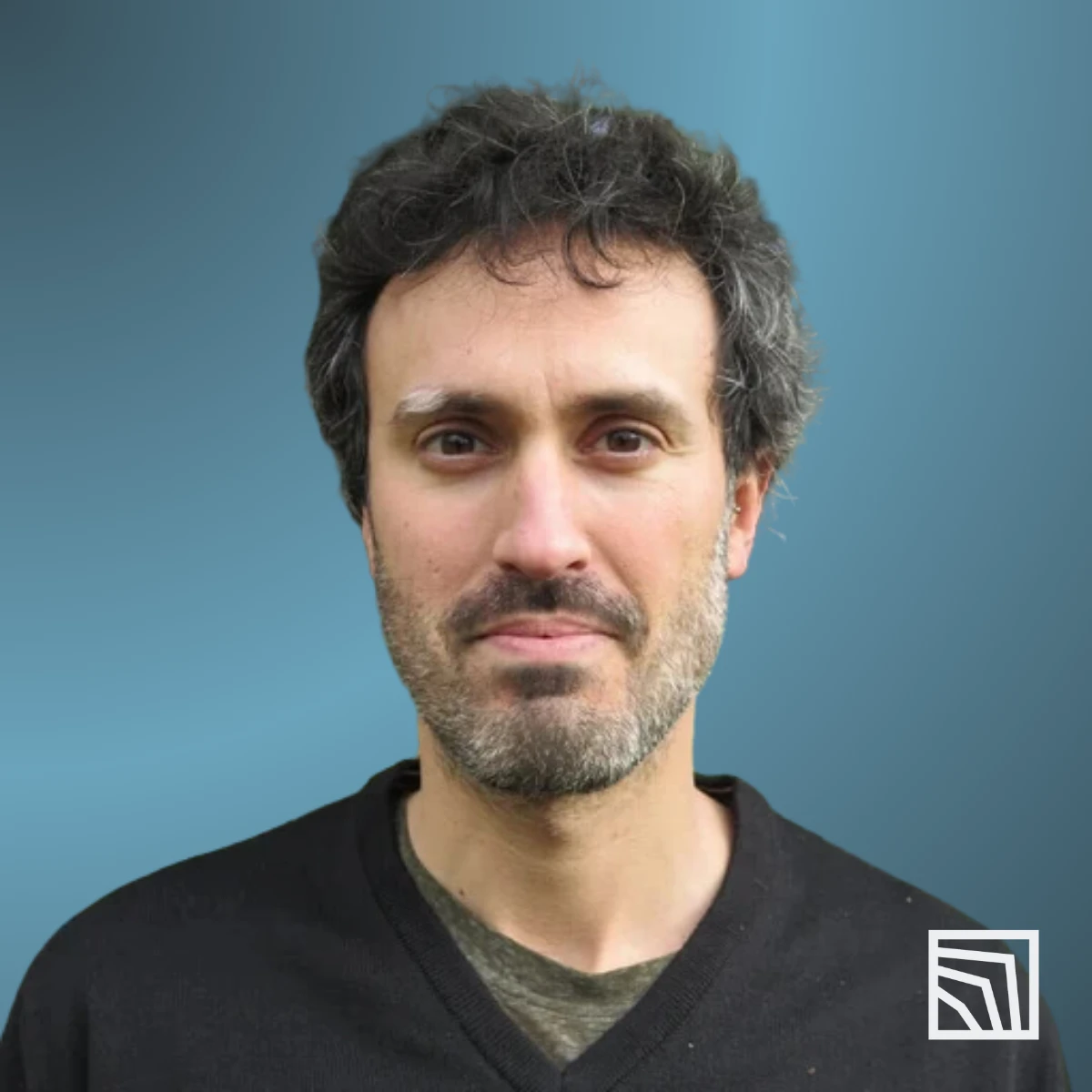
Marc Aixalà,
MSc
MSc
Licensed health psychologist, psychotherapist, and Holotropic Breathwork facilitator. With expertise in non-ordinary states of consciousness and MDMA-assisted therapy for PTSD, he coordinates support services at ICEERS. Marc also leads workshops, conducts research, and offers lectures on integration and psychedelic psychotherapy globally.
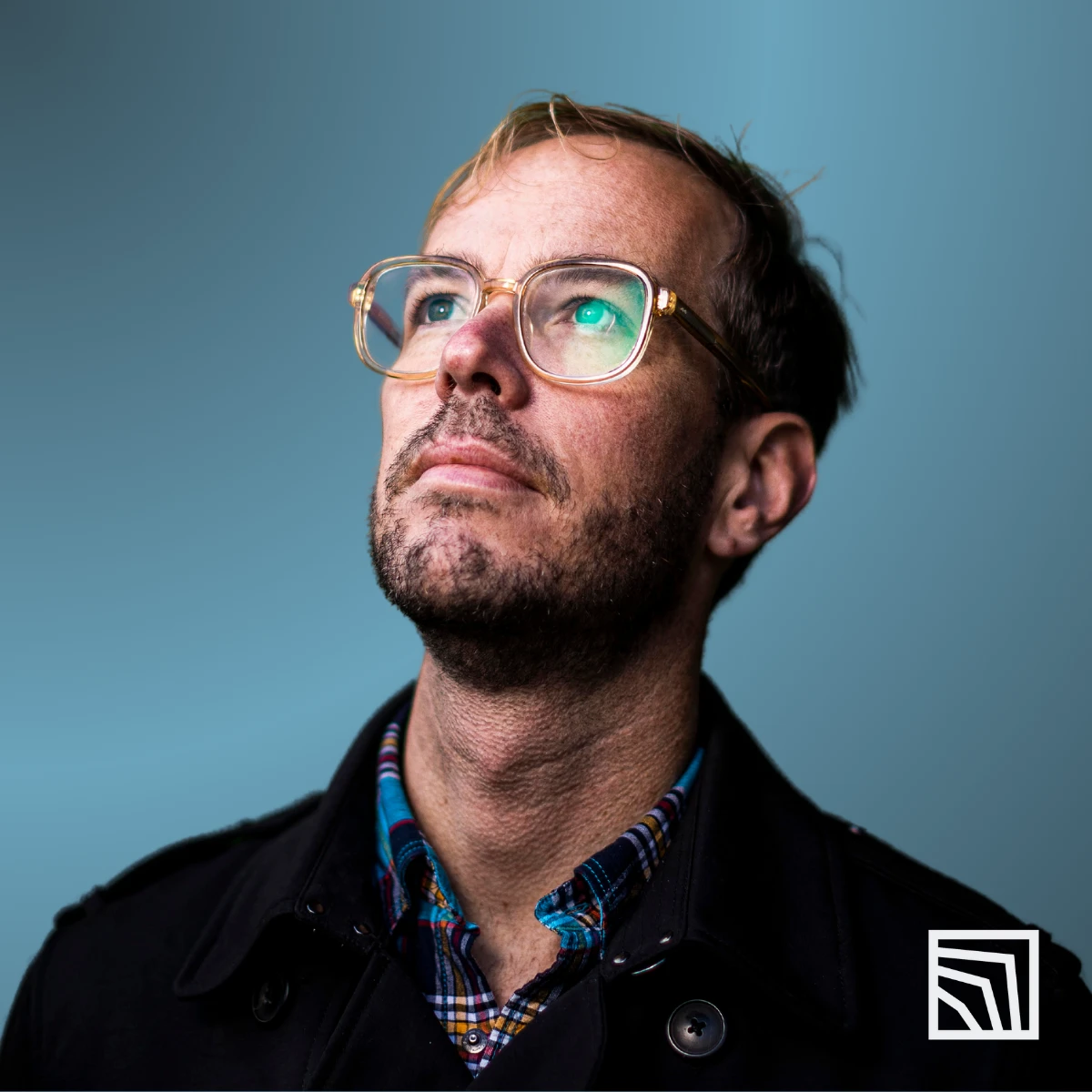
Michiel van Elk, PhD
Associate Professor at Leiden University, leading the PRSM Lab. With expertise in cognitive neuroscience, philosophy, and psychology of religion, he studies altered states of consciousness using diverse methods. A Fulbright scholar, Michiel published extensively and his work has appeared in major outlets like The New York Times and National Geographic.

Anja Loizaga-Velder, PhD
German-Mexican clinical psychologist and psychotherapist. Anja has over 30 years of experience working with indigenous psychedelic healing practices. She co-founded the Nierika Institute for Intercultural Medicine in Mexico, focusing on sacred plant medicine research and therapy.

Rosalind Watts, PsyD
Clinical psychologist and founder of ACER Integration. Developed the ACE model (Accept, Connect, Embody) for psychedelic therapy and the Watts Connectedness Scale. Former clinical lead on Imperial College London’s Psilocybin for Depression trial, she also serves on Usona Institute’s clinical advisory board.
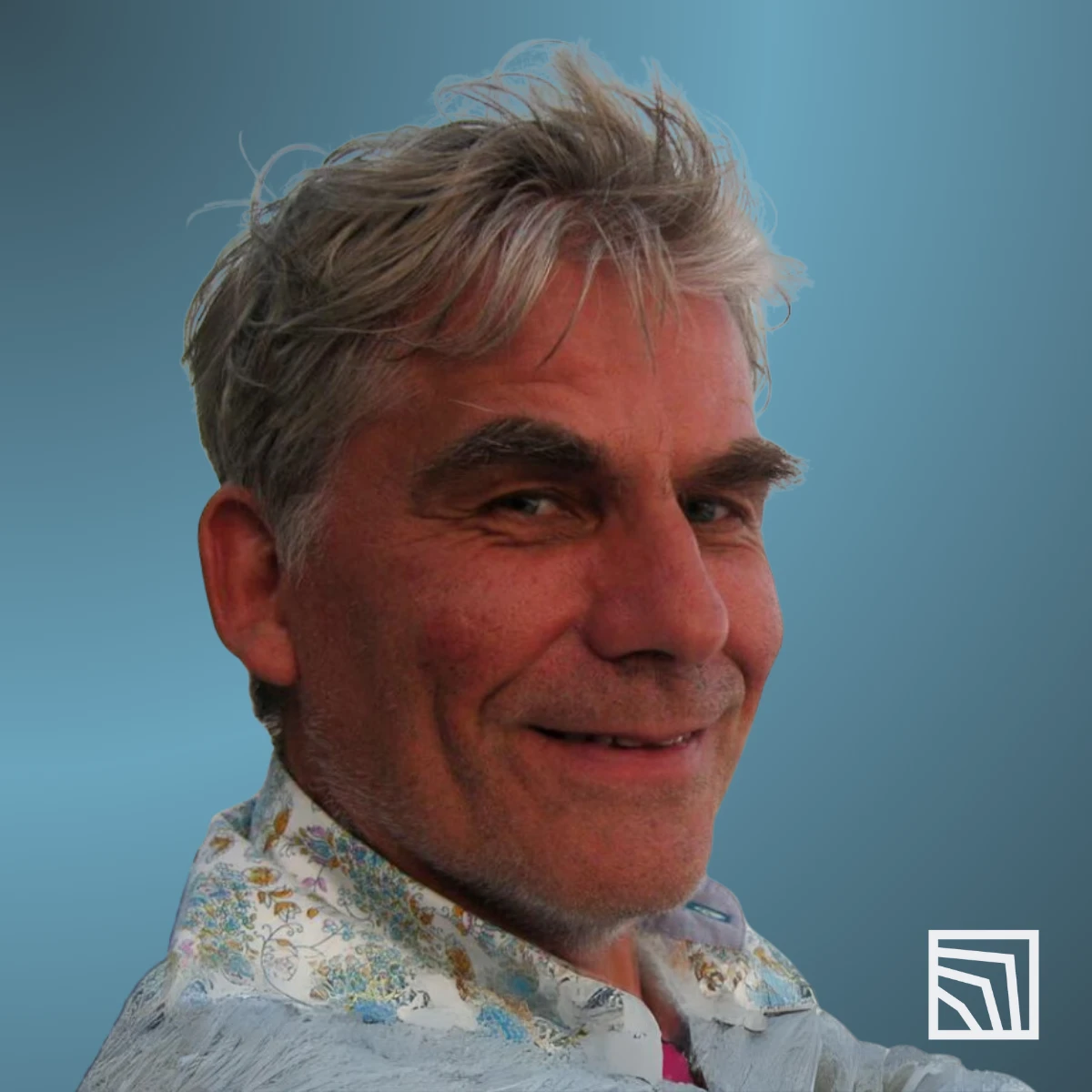
Torsten Passie, MD
Professor of Psychiatry at Hannover Medical School and Visiting Scientist at Goethe University. An expert in hallucinogenic drug research, he has studied the therapeutic potential of altered states of consciousness. A former Harvard Visiting Professor, he has authored 20 books, including The Pharmacology of LSD and The History of MDMA.
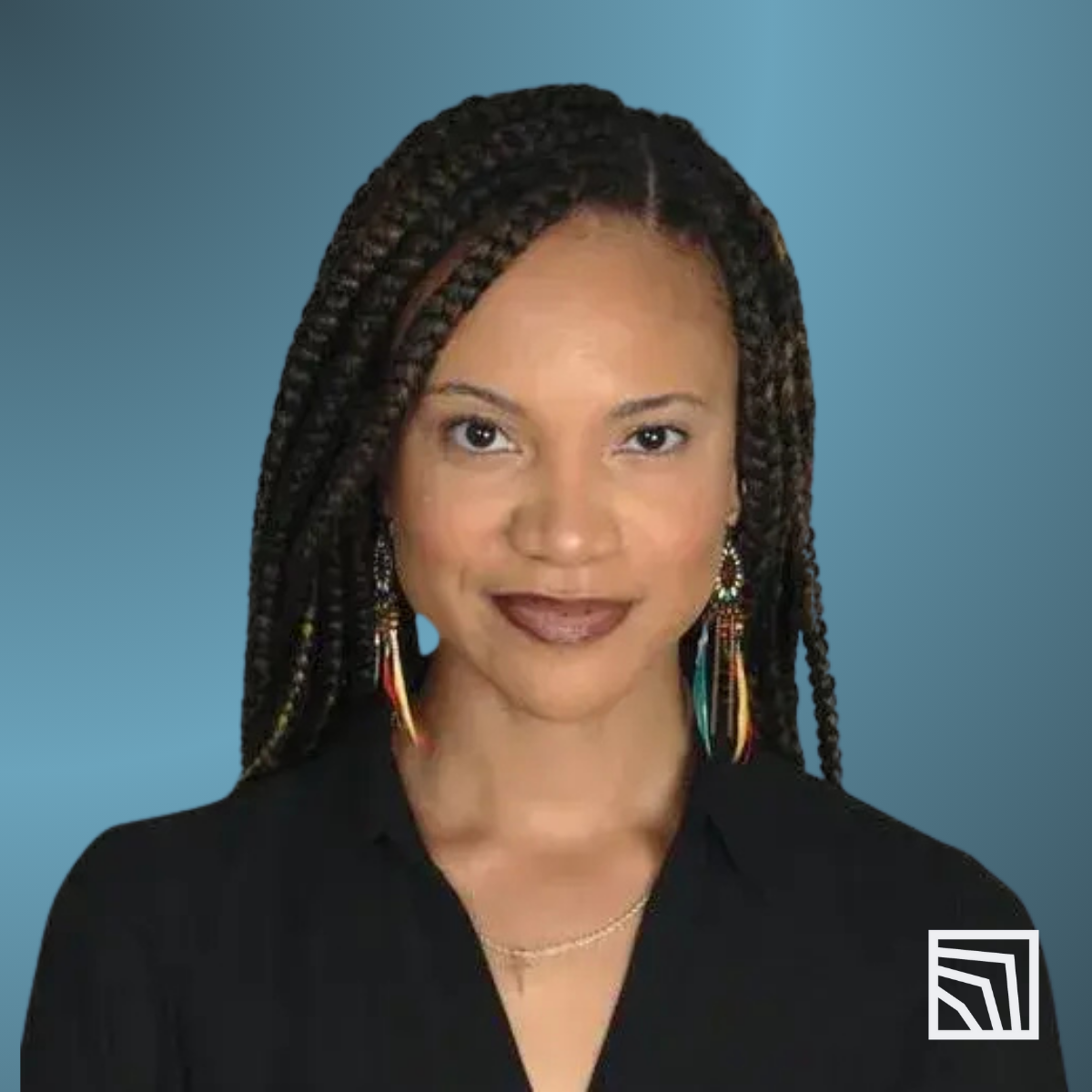
Sara Reed,
MS
MS
Sara is an empathic leader, mental health futurist, and practitioner in psychedelic-assisted therapy. She has spent her early career examining the ways culture influences how we diagnose and treat mental illnesses.
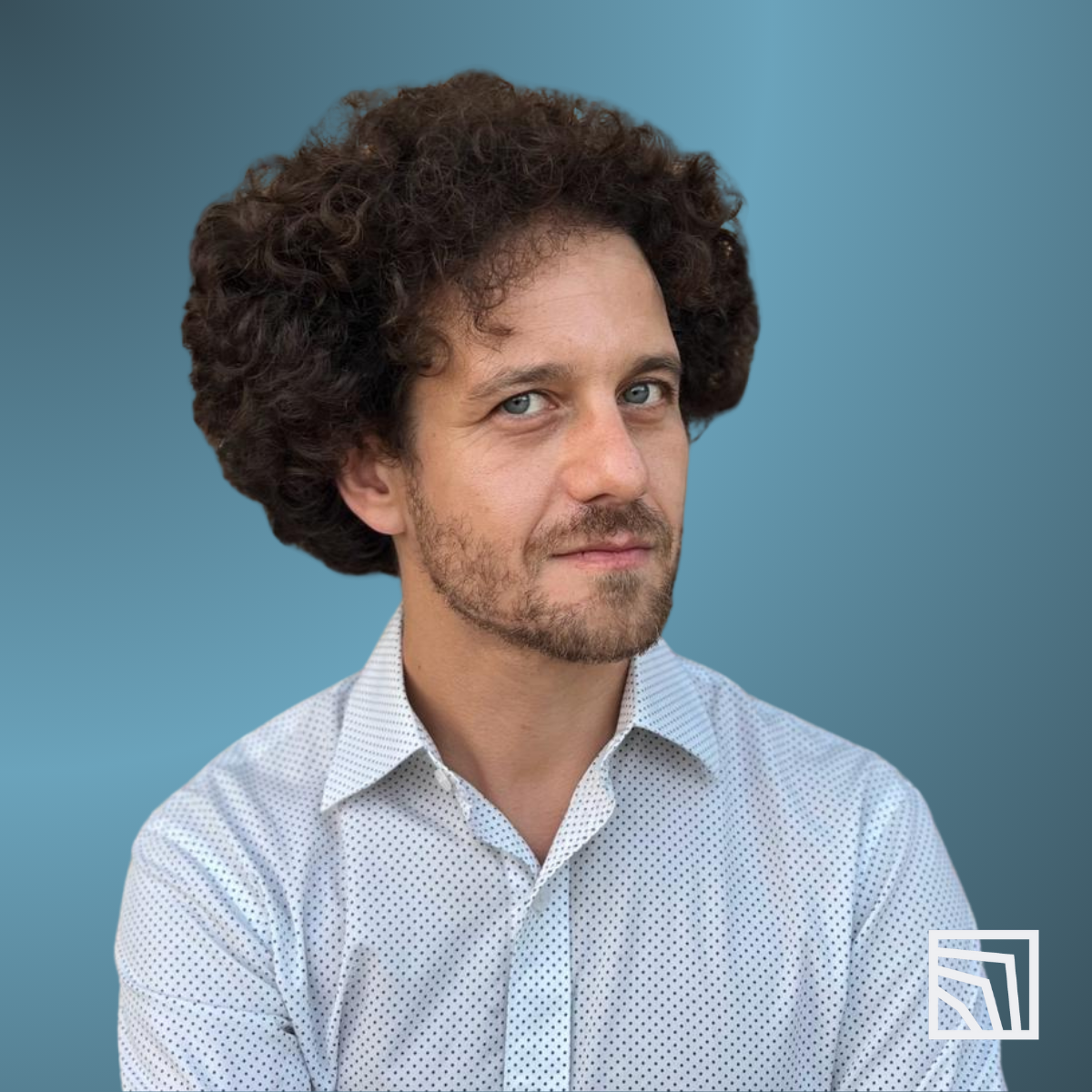
Roman Palitsky,
PhD
PhD
Roman Palitsky is an Assistant Professor of Psychiatry at Emory University and Director of Research Projects in Spiritual Health. His work applies a bio-psycho-social-spiritual approach to behavioral interventions, ensuring treatments align with patients’ cultural needs. In psychedelic research, he focuses on making therapies rigorous, effective, and accountable while supporting those who may experience adverse effects.
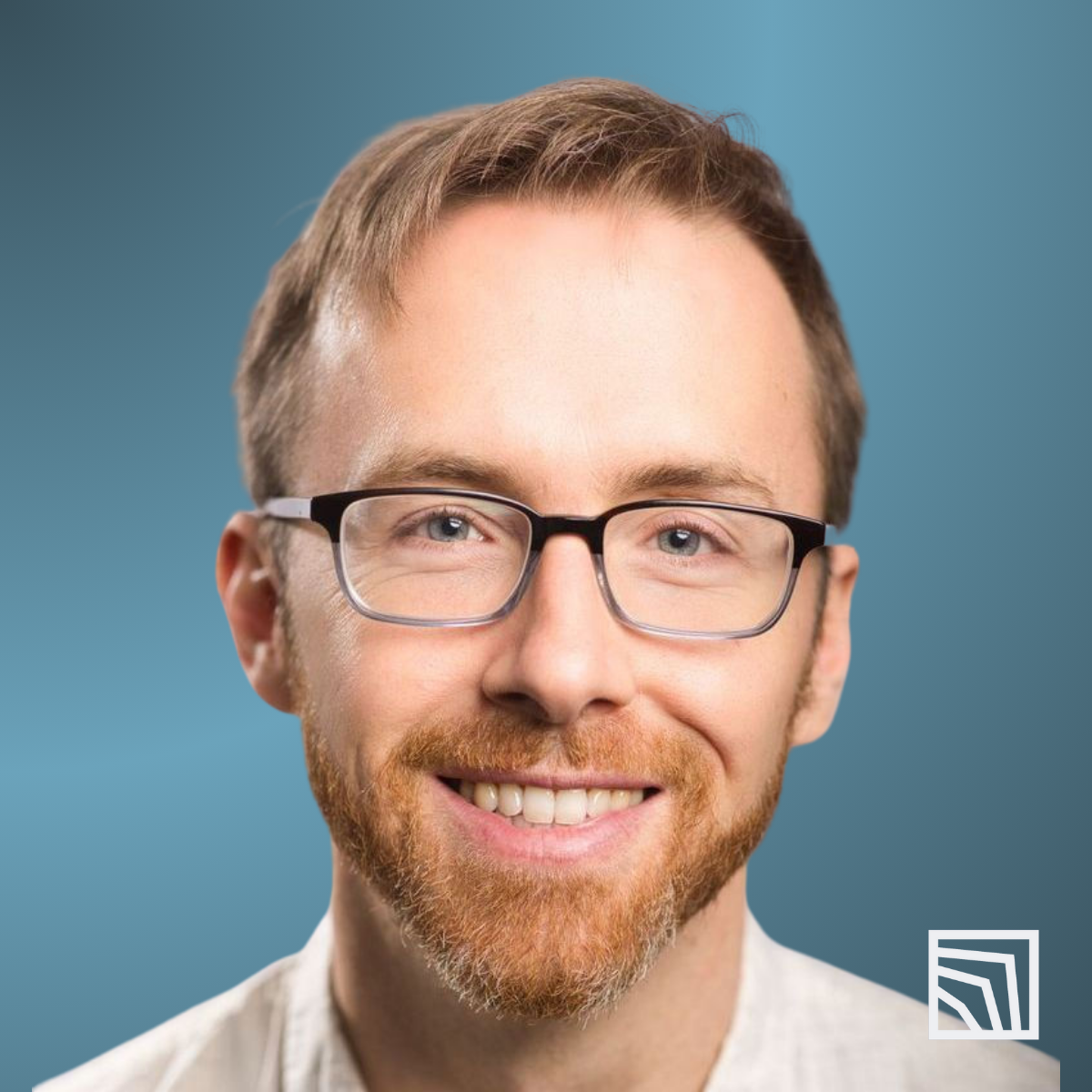
Bill Brennan,
PhD
PhD
Bill Brennan is a psychologist in NYC and a clinical researcher at Cybin Inc., where he co-developed the EMBARK approach to psychedelic-assisted psychotherapy. He has coauthored treatment manuals for clinical trials, including one on psilocybin for COVID-related depression. His work explores ethics in psychedelic therapy, and he has written and spoken on systemic change in the field. He also studies Somaterapia, a somatic group therapy approach in Brazil, and has a background in community psychology and neuroscience research at NYU, Columbia, and the University of Washington.
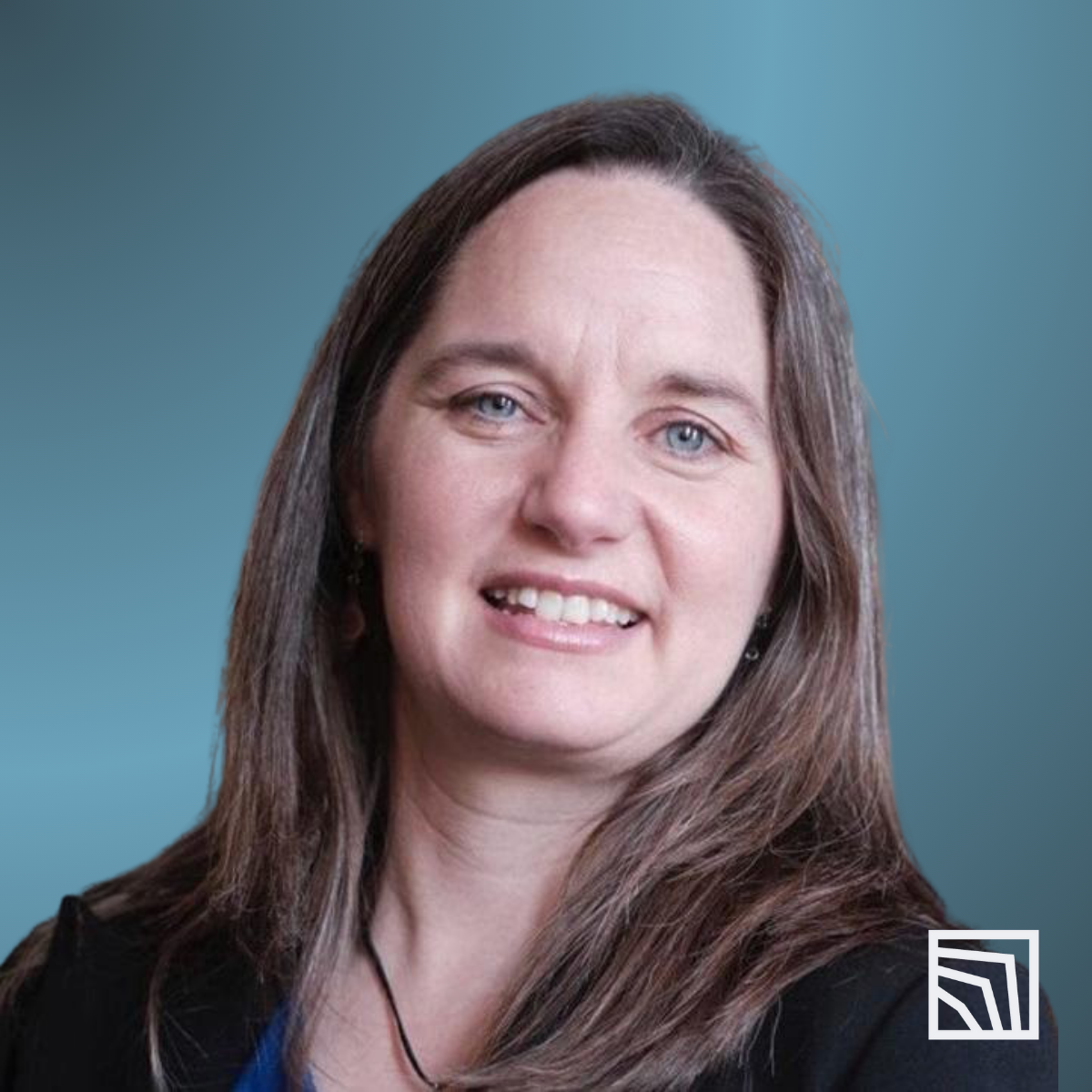
Erica Dyck,
PhD
PhD
Erika Dyck, Ph.D. (History), is a Professor at the University of Saskatchewan, and a Canada Research Chair in the History of Health & Social Justice. Erika is also part of Chacruna’s Board of Directors and hosts the two series “Women in the History of Psychedelic Plant Medicines” and “Global History of Psychedelics.”

Michelle Glass, BA
Michelle Glass is a Certified Level 3 IFS Practitioner, Oregon Licensed Psilocbyin Facilitator, and Alternative Counselor in Eugene, Oregon who has 20 years of IFS experience and has accumulated over 380 hours of direct study with Richard Schwartz, PhD, the founder of IFS. She received a Certificate in Psychedelic-Assisted Therapy from Naropa Institute and Multidisciplinary Association for Psychedelic Studies (MAPS) in 2022. Michelle’s passion is to bring Self-leadership to medicine spaces through her education and experientials. Now in it’s fifth year, she offers a 22-Hour Comprehensive IFS Introductory for Psychedelic Facilitators course, as well as provides smaller workshops aimed to help IFS-trained professionals support their clients who are seeking out psychedelics outside of their services. More information can be found at https://thelistenerllc.com.
Supervisors
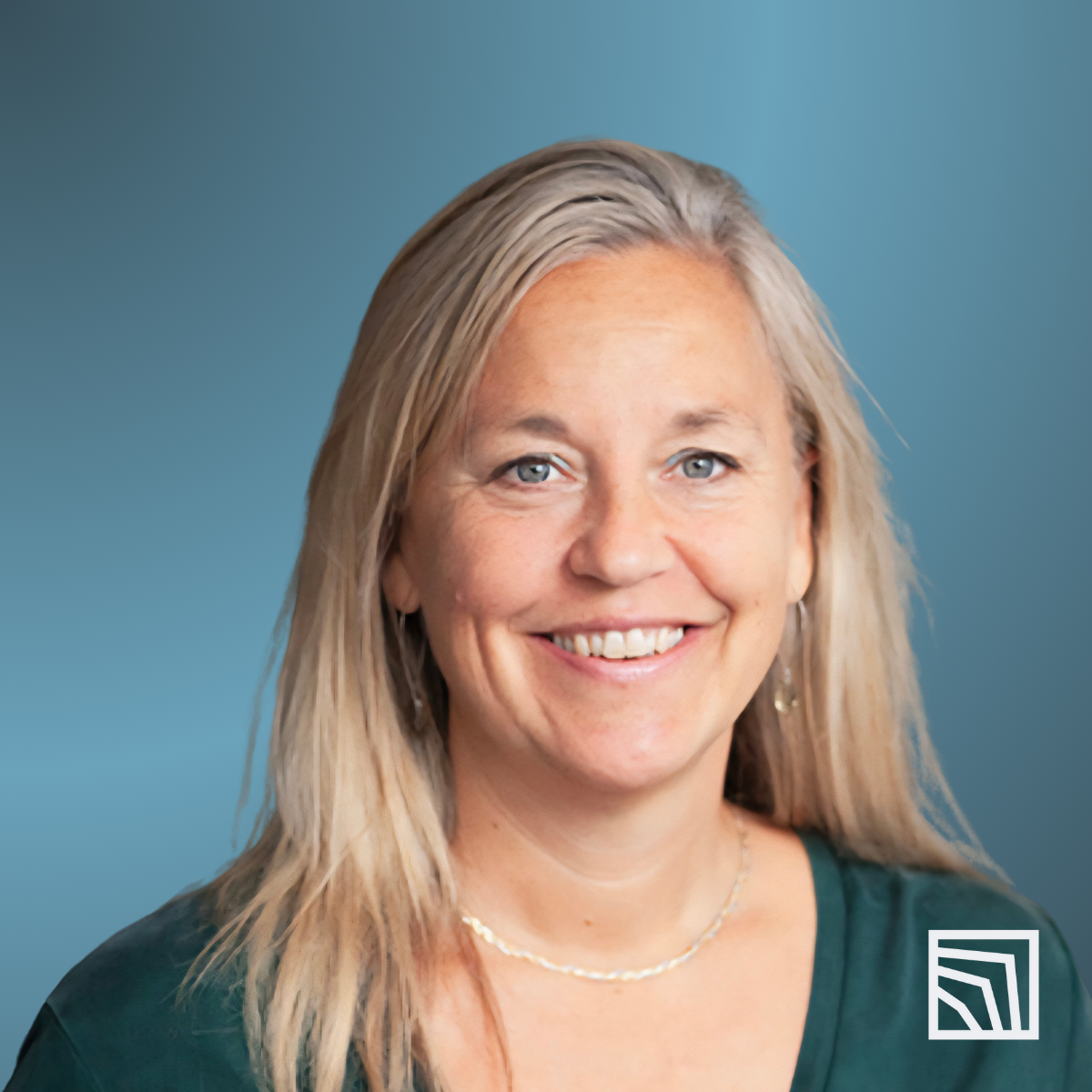
Shiva Thorsell, MSc
Shiva Thorsell is a clinical psychologist with over 25 years of experience in specialized mental health care. In addition to her clinical work, she also teaches and supervises postgraduate training for psychologists. Shiva is skilled in therapeutic approaches such as Sensorimotor Psychotherapy (SP), Ketamine Assisted Psychotherapy (KAP), Body-Oriented Mentalizing (LMBT), and Acceptance and Commitment Therapy (ACT). Also Shiva is a co-founder of Senz, a mental health clinic in the Netherlands. Senz provides multidisciplinary treatment for people suffering from difficult to treat depression and anxiety.
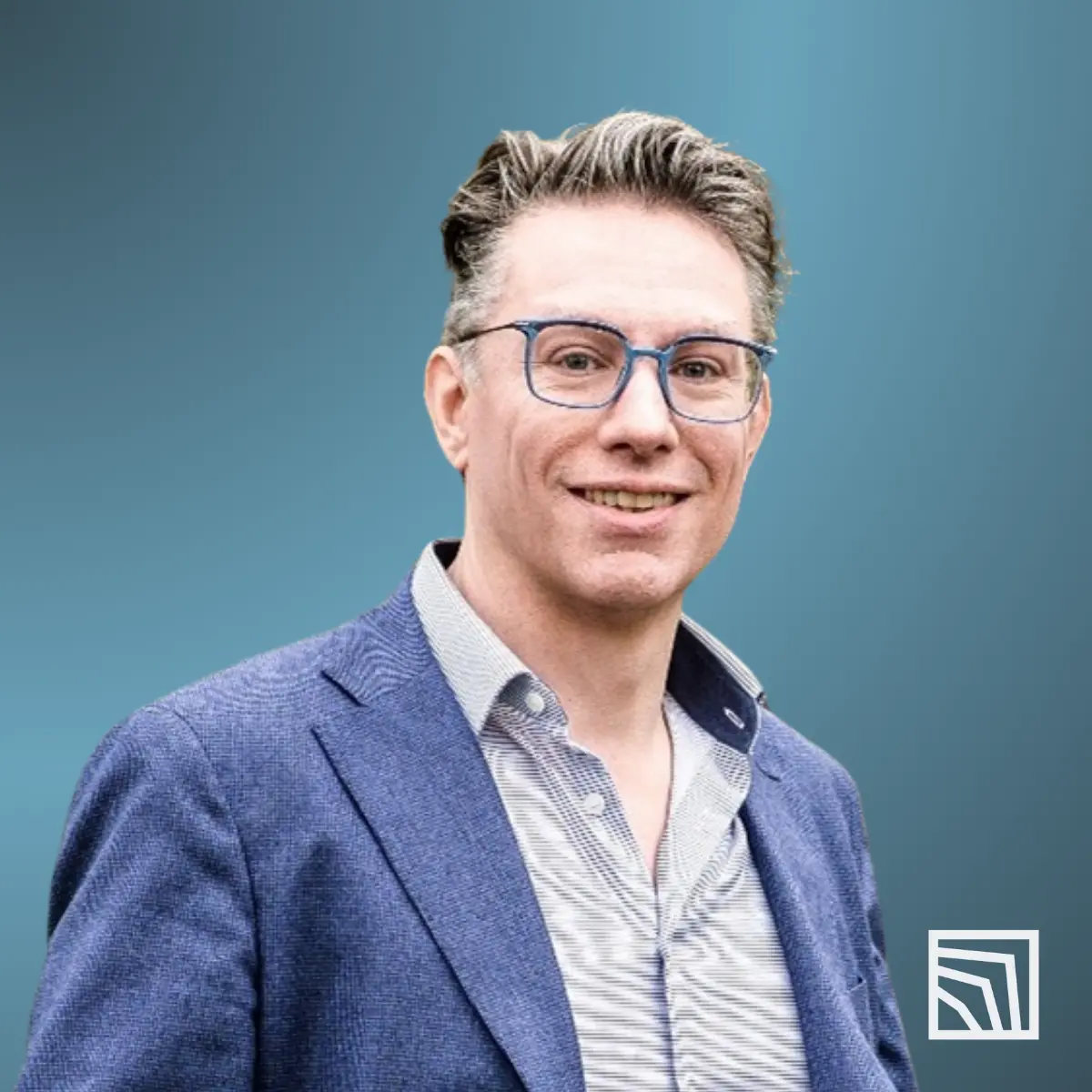
Tijmen Bostoen, MD
Tijmen Bostoen is a psychiatrist and researcher at ARQ Centrum ’45 and Leiden University Medical Center, specializing in trauma and PTSD. He is trained in several evidence-based treatments including EMDR, BEPP, 3MDR, and Schema Therapy. Tijmen holds degrees in medicine and pharmaceutical sciences, and integrates clinical expertise with a deep interest in altered states of consciousness. He has been trained in MDMA- and ketamine-assisted psychotherapy and currently serves as Principal Investigator in clinical trials on psychedelic therapy for PTSD in the Netherlands.
Tuition
ADEPT: Advanced Education in Psychedelic Therapy
€18 500
oo
€9 250 / year -
Build full competency in psychedelic therapy
-
Complete 10 expert-led online learning modules
-
Join 60 live tutorial sessions online with your cohort and tutor
-
Engage in 10 live Q&A sessions online with core and guest ADEPT faculty
-
Attend 5 in-person training days in the Netherlands*
-
Take part in 1 × 3-day experiential practicum in the Netherlands (Year 1) **
-
Join 2 × 5-day experiential practicums in the Netherlands (Year 2) **
-
Graduate with OPEN Foundation certification
Payment terms
* Your tuition covers food for in-person days, but does not include accommodation.
** Your tuition includes food and accommodation for experiential practicums.
You are always responsible for covering all transportation costs for attending in-person events.
Enrol in 3 steps
Registration
Start by filling in your contact details.
Enrolment Fee
Pay the non-refundable €80 ADEPT enrollment fee.
Enrolment Form
Submit your enrolment form to complete your ADEPT application.
Applications are considered as they come in. Limited spots in cohort.
Info Events
Curious to learn more? Want to join the training? Ask us anything, meet the team, and learn more about ADEPT: Advanced Education in Psychedelic Therapy.
thursday 23
October 2025,
12:00-13:00 CEst
*By registering, you’ll be added to the priority list and notified first when enrolment opens.
Stay tuned for info events
By signing up, you will receive updates on OPEN Foundation’s Advanced Education in Psychedelic Therapy ADEPT.
By clicking SUBSCRIBE, I confirm to receive emails from the OPEN Foundation and agree with its privacy policy.
Advisory Council
The Advisory Council brings together world-renowned experts with immense collective knowledge, integrity, and experience in designing and running training programs for healthcare professionals, including psychedelic-assisted therapy. They contribute to content development, strategy, and quality control in ethics, infrastructure, and program delivery.
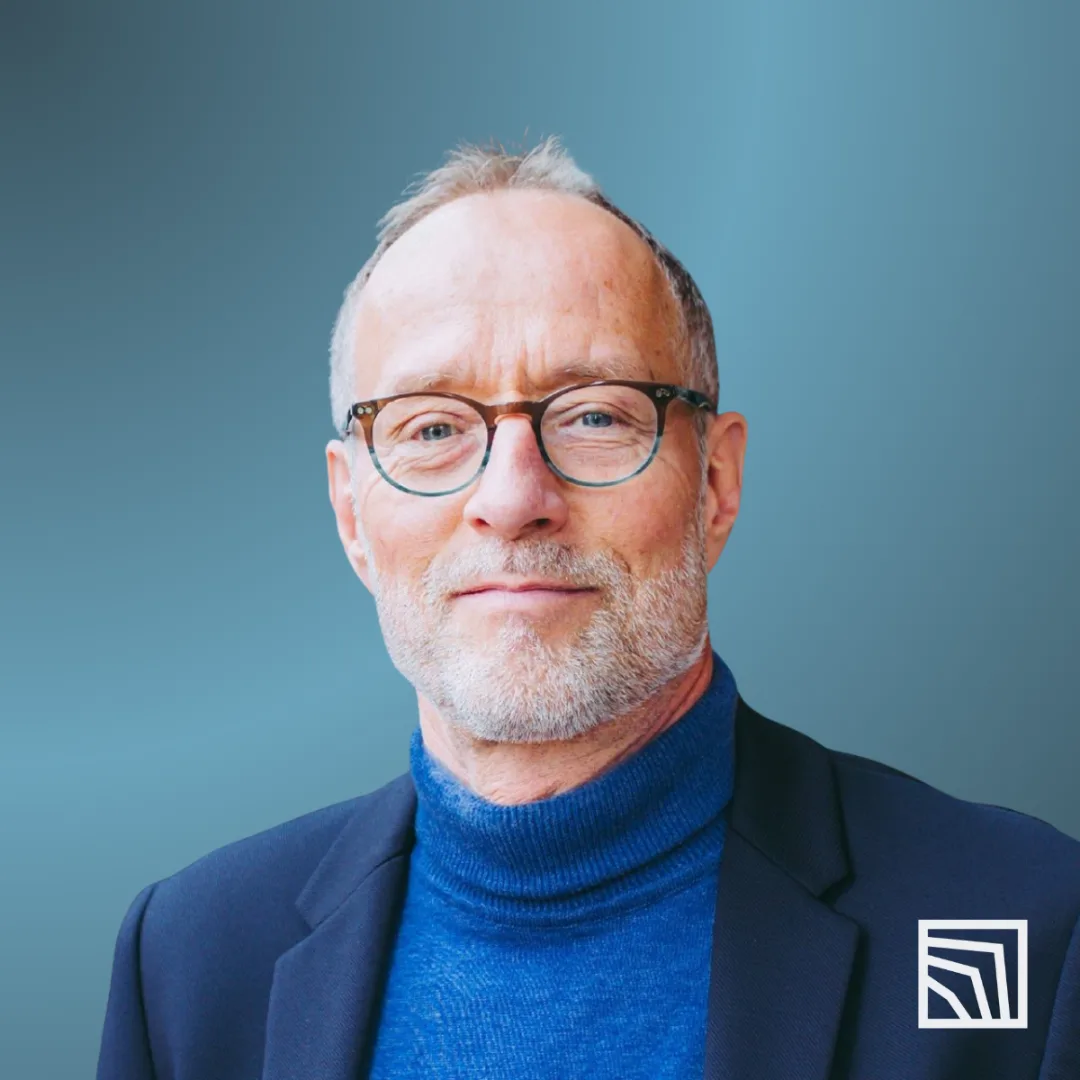
Robert Schoevers, MD, PhD
Professor of Psychiatry and Head of the Department at UMCG. His research focuses on mood and anxiety disorders, particularly depression, aiming to develop effective interventions by exploring neurobiological and psychological mechanisms. His work includes studying psychoplastic compounds, like ketamine and psilocybin, for treatment-resistant depression.
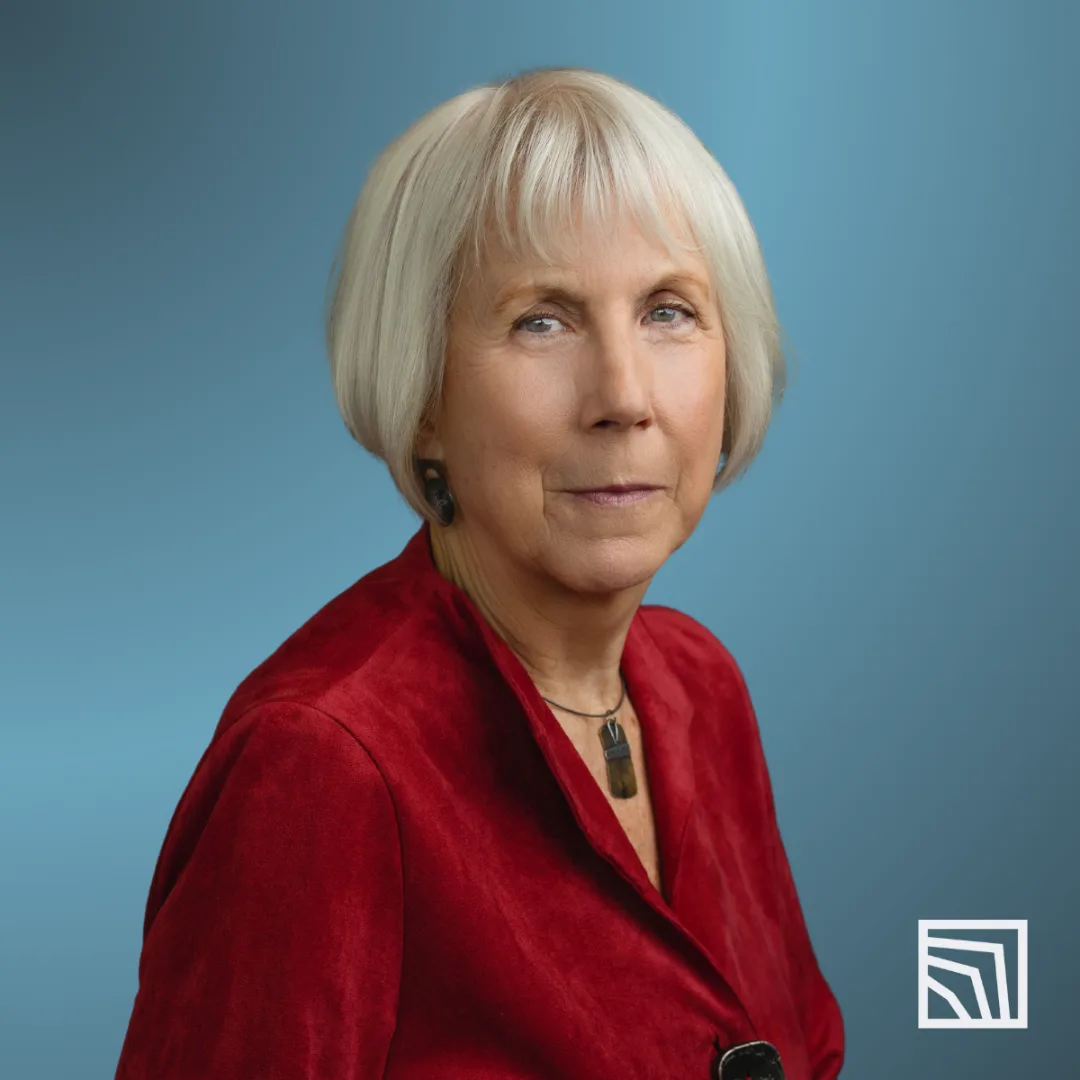
Janis Phelps, PhD
Founder and director of the psychedelic therapy education programme at CIIS in San Francisco. Her 2017 publication outlines best practices for training psychedelic therapists. With over 25 years of experience, she has worked as a clinical psychologist and professor in various therapeutic modalities.

Lisa Bright,
BSc
BSc
Decades of experience in executive board functions and as a senior adviser to multiple pharmaceutical companies. Highly experienced in vision and strategy development with an extensive network in fundraising.
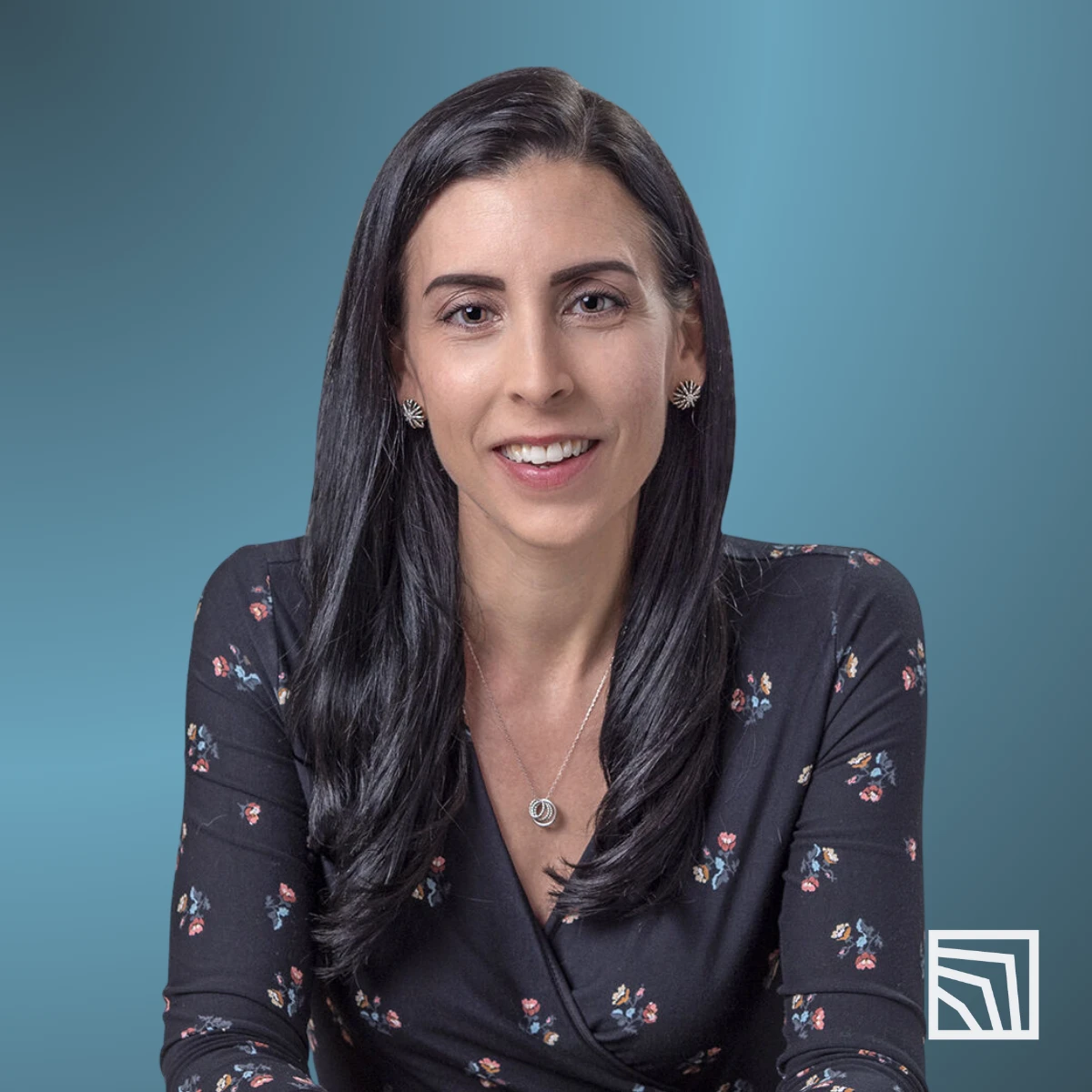
Holly Fernandez Lynch, JD, MBE
Associate Professor of Medical Ethics and Law at the University of Pennsylvania. Lawyer and bioethicist by training, her work focuses on FDA pharmaceutical policy, clinical research ethics, and pre-approval access pathways, including around psychedelic-assisted therapies.
*
Professionalism
Dedicated to continuous learning, development, and upholding therapeutic rigor. Emphasizing growth through ongoing education and reflective practice while encouraging both personal and professional development.
*
Ethics
Upholding the highest standards in safety and integrity to ensure responsible, accountable and professional practice. Valuing diverse experiences and creating inclusive, respectful care.
*
Care
A commitment to providing integrative, client-centered psychedelic therapy, fostering a safe and therapeutic environment.
*
Connection
Fostering a sense of belonging, support, and shared purpose among practitioners and clients. Encouraging teamwork and interdisciplinary collaboration to advance the field of psychedelic care and enhance collective growth.
Applications are considered as they come in. Limited spots in cohort.
FAQ
Practicalities
about
Am I eligible to apply?
Eligibility criteria
- Licensed mental health professionals (e.g., psychotherapists, clinical psychologists, psychiatrists)
- BIG registration or equivalent to licence professionals
- ≥3 years experience providing psychotherapy or mental health care
- Comprehension of academic English
- Minimum age: 25 years
- Minimum BA/BSc
- Professionals with other backgrounds may be considered (e.g. spiritual caregiver, clinical chaplain, sociotherapist, sociaal maatschappelijk werker)
The ADEPT program is open to licensed mental health professionals, including medical doctors, psychotherapists, and clinical psychologists, with priority given to BIG-registered professionals. Ideally, applicants should have a background in psychotherapy or experience providing therapeutic care to clients, as this will support the integration of psychedelic-assisted therapy into their existing practice.
We also welcome applications from family therapists, psychiatric nurses, addiction therapists, and complementary therapists with relevant academic qualifications (minimum BA/BSc).
How is the course delivered?
ADEPT will be delivered in a hybrid format, combining full in-person training days, experiential learning and both pre-recorded and live online education.
- 10 online modules: Pre-recorded lectures of up to 2-hours weekly.
- Weekly tutorials: up to two-hour live workgroups under the guidance of qualified tutors.
- Monthly Q&A: 2-hour live Q&A with core and guest faculty.
- In-person meetings: Five in-person meetings focusing on applied learning and preparation will be held at a central location in the Netherlands. *Remote participation is not available for these sessions. Attendance is mandatory and participants residing outside the Netherlands are responsible for arranging their own transportation and accommodation if needed.
- Three multi-day experiential workshops:
- Year 1: 3-day experiential workshop
- Year 2: 2x 5-day experiential workshop *Remote participation is not available for these sessions. Attendance is mandatory for both in-person training and experiential workshops. Accommodation and food are included.
What is the expected time commitment?
Participants should expect to dedicate up to 6 – 10 hours per week to the program. This time is divided over watching recorded lectures, participation in discussions and study groups, live sessions, and self study of additional supplementary materials like scientific publications, book chapters, and watching relevant videos.
What is the language of the course material, lectures, and training?
All course materials, lectures, and training content for the ADEPT program will be conducted in English. Proficiency in English is essential to fully engage with the content, participate in discussions, and interact with peers and instructors.
What is the tuition fee?
The total cost of the ADEPT program is €18,500. See payment terms below for other options.
This fee includes access to all online modules, lunch during in-person training days, as well as accommodation and meals during the multi-day experiential workshops. Participants residing outside the Netherlands are responsible for arranging their own accommodations for the in-person training days and transportation.
ADEPT is registered with CRKBO, exempting the programme from VAT.
What are the payment terms?
The total cost of the 12-month ADEPT Foundation is €18,500.
Participants who choose to pay in full, upfront, receive a €500 discount, bringing the total to €18,000.
Upon acceptance of registration, a €1,500 deposit will be requested to hold your place. This amount will be deducted from the overall program fee.
There are two instalment options:
- Two instalments:
€1,500 deposit + 2 instalments of €8,500.
Payments are due in April 2026 and March 2027. - Ten instalments:
€1,500 deposit + 9 monthly payments of €1,991.97, starting on the 26th of each month, beginning April 2026.
Participants who do not pay in full upfront will receive a secure payment link to authorise scheduled deductions from their account on the dates above. It is the participant’s responsibility to ensure sufficient funds are available on these dates to avoid delays or penalties.
Failure to complete payments by the agreed deadlines may incur additional charges, including administrative fees or late payment penalties.
Are scholarships or discounts available for the ADEPT program?
We are currently working hard to secure funding for the ADEPT scholarship program to support participants in the future. However, scholarships and discounts are not available at this time. We encourage participants to explore external funding opportunities and we will provide updates as soon as the scholarship program becomes available.
How does the enrolment process work?
The enrolment process consists of three simple steps:
- Registration: Start by registering on our website, or via this link.
- Enrolment Form: Once your enrolment form is complete, you will receive a payment link for the non-refundable €80 enrolment fee. Enrolment Fee: After registering, you will receive an email with a link to your enrolment form.
Prepare the following documents for your enrolment form:
- Personal and professional background questions
- BIG Registration number (for applicants in the Netherlands) or a certificate of professional qualification (for international applicants)
- A motivation letter (500 words)
- Your CV
- Two references
What is ADEPT?
ADEPT stands for Advanced Education in Psychedelic Therapy. It is a comprehensive training program designed for licensed mental health professionals. Combining theoretical knowledge, hands-on experiential learning, and ethical guidance, the program focuses on the clinical, cultural, and neurobiological aspects of psychedelic-assisted therapy, aiming to set the standard for safe and effective psychedelic care in Europe. It contains 10 online modules (of 4 weeks each), weekly tutorials, live Q&A sessions, five in-person training days, and three experiential workshops held at a central location in the Netherlands.
In the first year, the focus is on non-substance-based experiential practices such as breath-work and somatic practices across three in-person training days. To provide foundational exposure to the therapeutic process, participants will engage in a three-day experiential workshop with psilocybin-containing truffles.
The second year, while still incorporating theory, the focus shifts towards supervised, substance-based experiential sessions. Participants will practice in two in-person training days and two five-day experiential workshops. During these workshops, participants will both facilitate and undergo self-experiences with psilocybin-containing truffles. This comprehensive approach ensures that participants gain both the academic knowledge and practical skills necessary for providing safe and effective psychedelic-assisted therapy.
How will practical experience be incorporated?
ADEPT incorporates practical experience through a combination of non-substance and substance-based sessions across the two-year program.
In Year 1, participants attend three in-person gatherings focusing on somatic exercises, breath-work, and role-play to practice guiding altered states. Additionally, there is one three-day self-experience workshop with substances.
In Year 2, participants attend two more in-person training days and engage in two supervised, multi-day, substance-based sessions to gain direct experience in client preparation, session facilitation, and integration, under expert supervision, ensuring a safe and structured learning environment.
Participation in the ADEPT program and the OPEN Foundation do no promote, condone, or facilitate the use of unauthorised medical products.
Is taking the substance required for course participation and certification?
Participation in the experiential workshops is mandatory, as they are an essential part of the program. However, taking the substance during these workshops is not required.
Participation in the ADEPT program and the OPEN Foundation do no promote, condone, or facilitate the use of unauthorised medical products.
Accreditation
Is there certification and accreditation?
Upon completing the two-year professional training program and fulfilling all requirements, participants will receive a Certificate in Psychedelic-Assisted Therapy from the OPEN Foundation, provided they attend at least 80% of all scheduled online activities (online lectures, tutorials and live Q&A’s) and fulfil all course requirements and assignments. For in-person meetings and experiential sessions, 100% attendance is required to ensure full engagement with the program’s core components.
The ADEPT certificate reflects the participant’s mastery of advanced knowledge, practical skills, and ethical competencies necessary for this emerging field. Issued by the Open Foundation, the certificate holds international recognition, symbolizing participation in a rigorous, science-based program co-developed by leading experts in the field.
Continuing (Medical) Education (CE/CME) Credits are pending approval. We will pursue accreditation for psychiatrists, clinical and healthcare psychologists, and psychotherapists from Dutch organizations NVvP, FGzPT, NVP, and NIP. Additional accreditation for other professions is currently under discussion.
This certification recognises your advanced knowledge and skills in psychedelic-assisted therapy, enabling you to integrate these techniques into your existing practice within legal boundaries. However, please be aware that this certificate does not provide a license or legal authority to independently practice psychedelic-assisted therapy outside of regulated settings.
Participation in the ADEPT program and the OPEN Foundation do not promote, condone, or facilitate the use of unauthorised medical products
Applications are considered as they come in. Limited spots available.
Team
ADEPT’s driving forces from the OPEN Foundation.
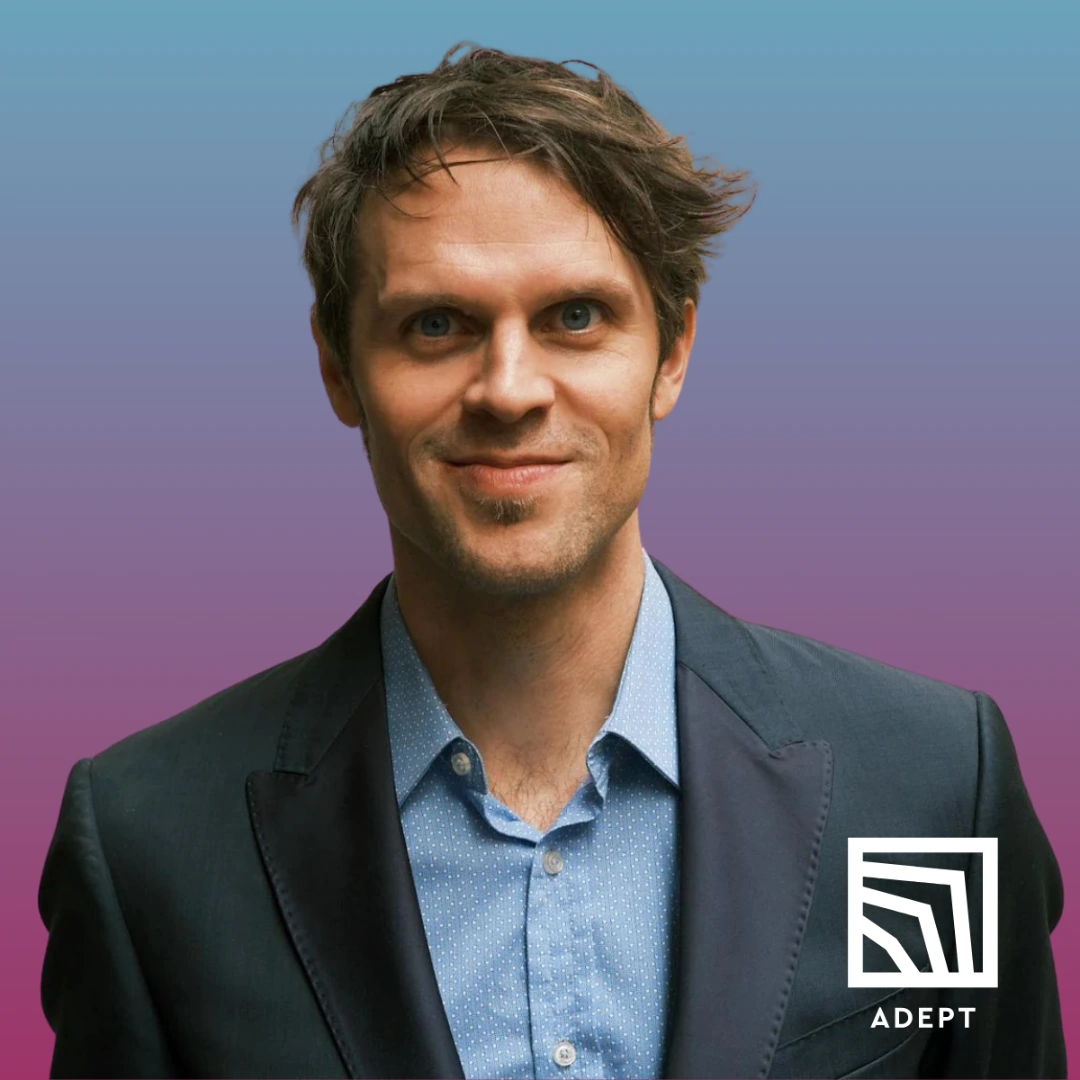
Joost Breeksema
Director OPEN Foundation
Joost holds a MA in philosophy and a PhD in Psychiatry. His work bridges the boundaries of psychiatry, psychology, philosophy, qualitative research, and public health. A connector at heart, he is convinced that therapeutic use of psychedelics can only be advanced through critical reflection, rigorous science, interdisciplinarity and collaboration. Underlying all his work is a deep-seated belief in the scientifically grounded, responsible, inclusive, and ethical integration of psychedelics into healthcare and society.

Ana Martins
Operational Manager
Conference Manager for ICPR 2024, Ana brings extensive experience in large-scale event and project management. With a Master’s degree in Clinical Psychology from Leiden University, Ana combines clinical expertise with operational acumen. She is dedicated to bridging research and practice, contributing to the advancement of psychedelic therapy training through her organisational and strategic efforts.
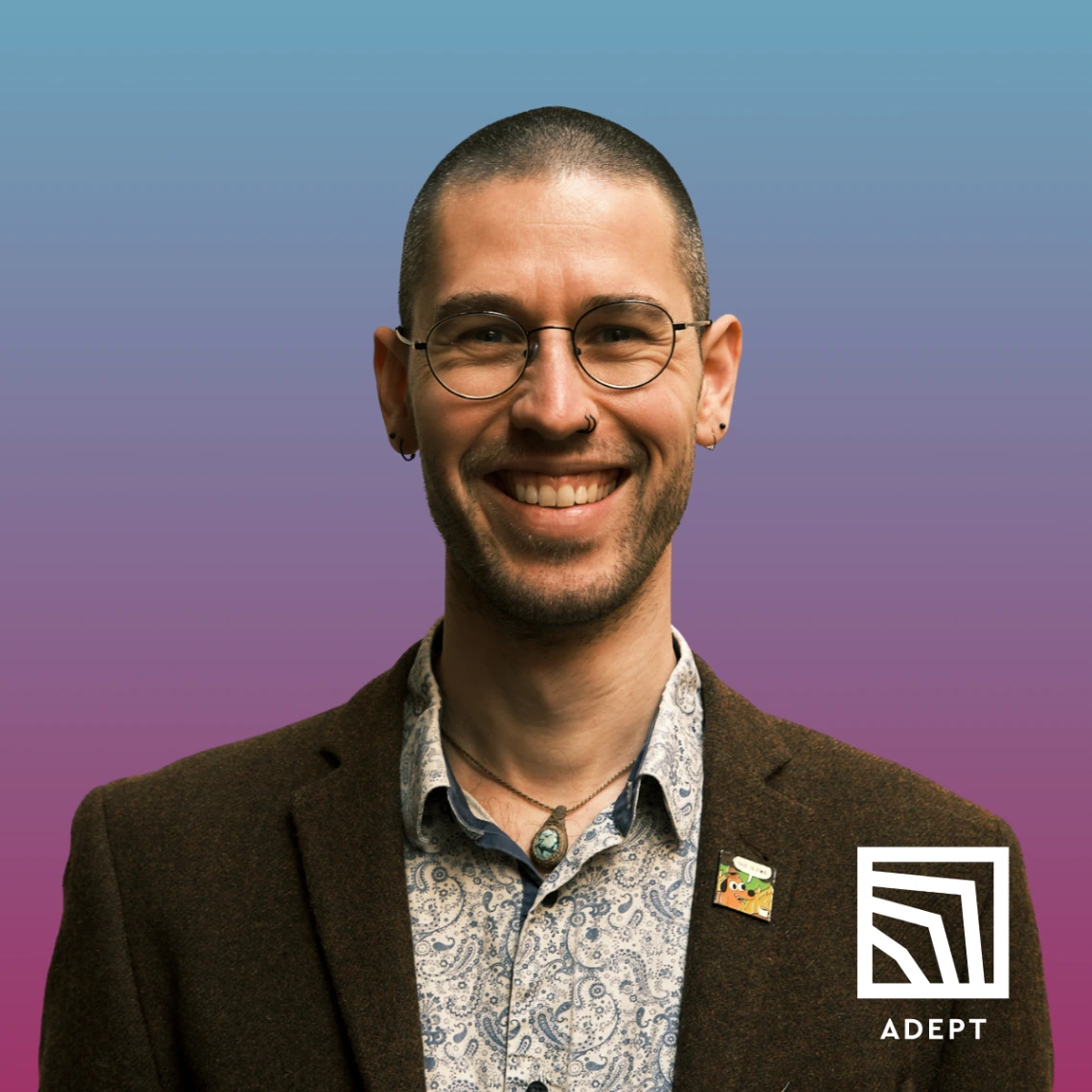
Daan Keiman
Educational Lead
Daan is a psychedelic and Buddhist chaplain with a private practice, blending contemplative practices, (neuro)anthropology, cognitive science, and existential therapy. With extensive experience as a facilitator and curriculum developer for psychedelic training programs, Daan promotes a multidimensional approach to psychedelic-assisted psychotherapy and advocates for community-based care models.
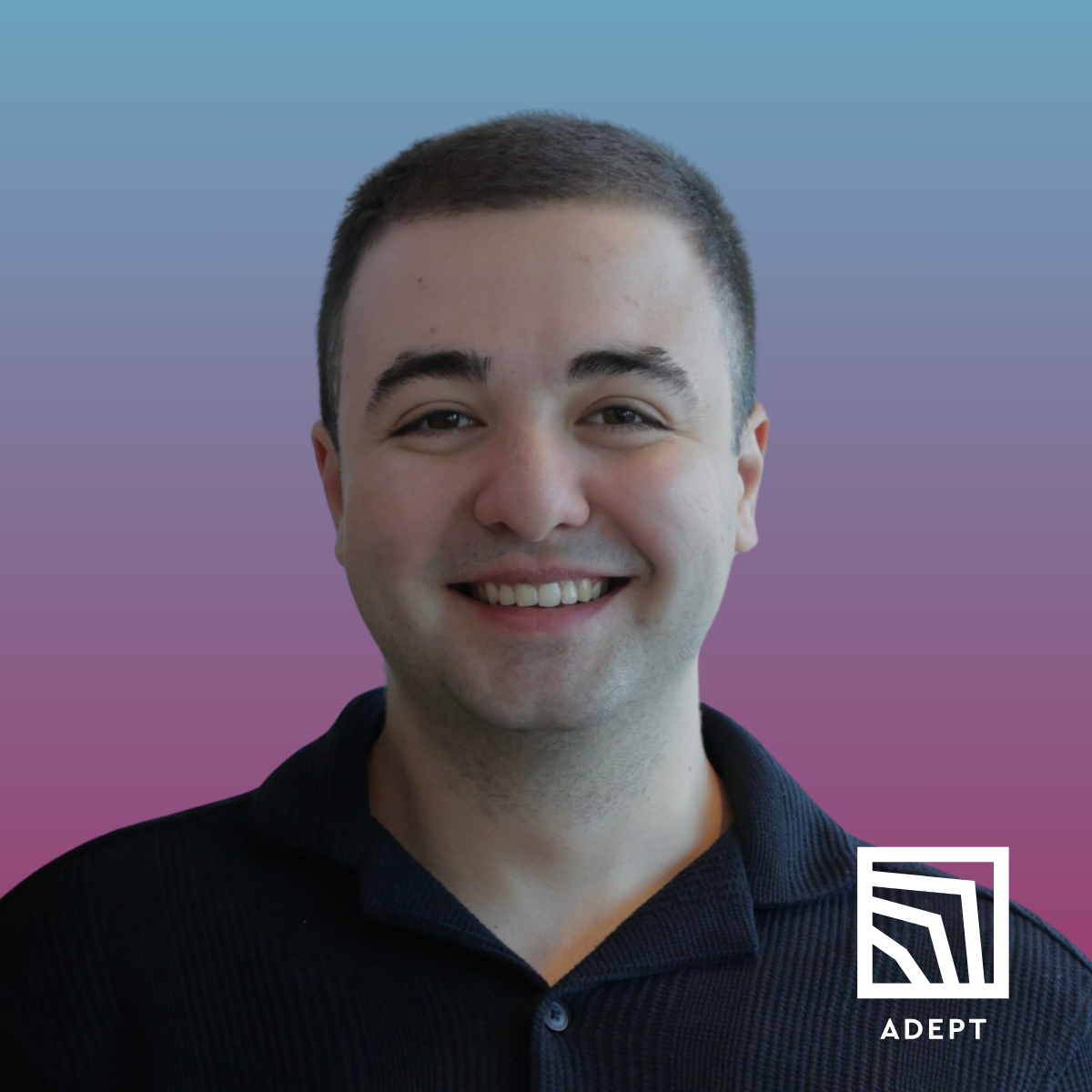
Aref Touleimat
Student Coordinator
With a Psychology BSc and a background in a Creative Business BA, Aref is committed to the advancement of psychedelic therapy. Over the past three years, Aref has been actively involved with the OPEN Foundation, contributing to projects such as ICPR and, most recently, stepping into the role of Student Coordinator for ADEPT. Thriving under pressure, Aref has a keen eye for detail and ensures that complex processes feel effortless, fostering an environment where learning and growth happen intuitively.
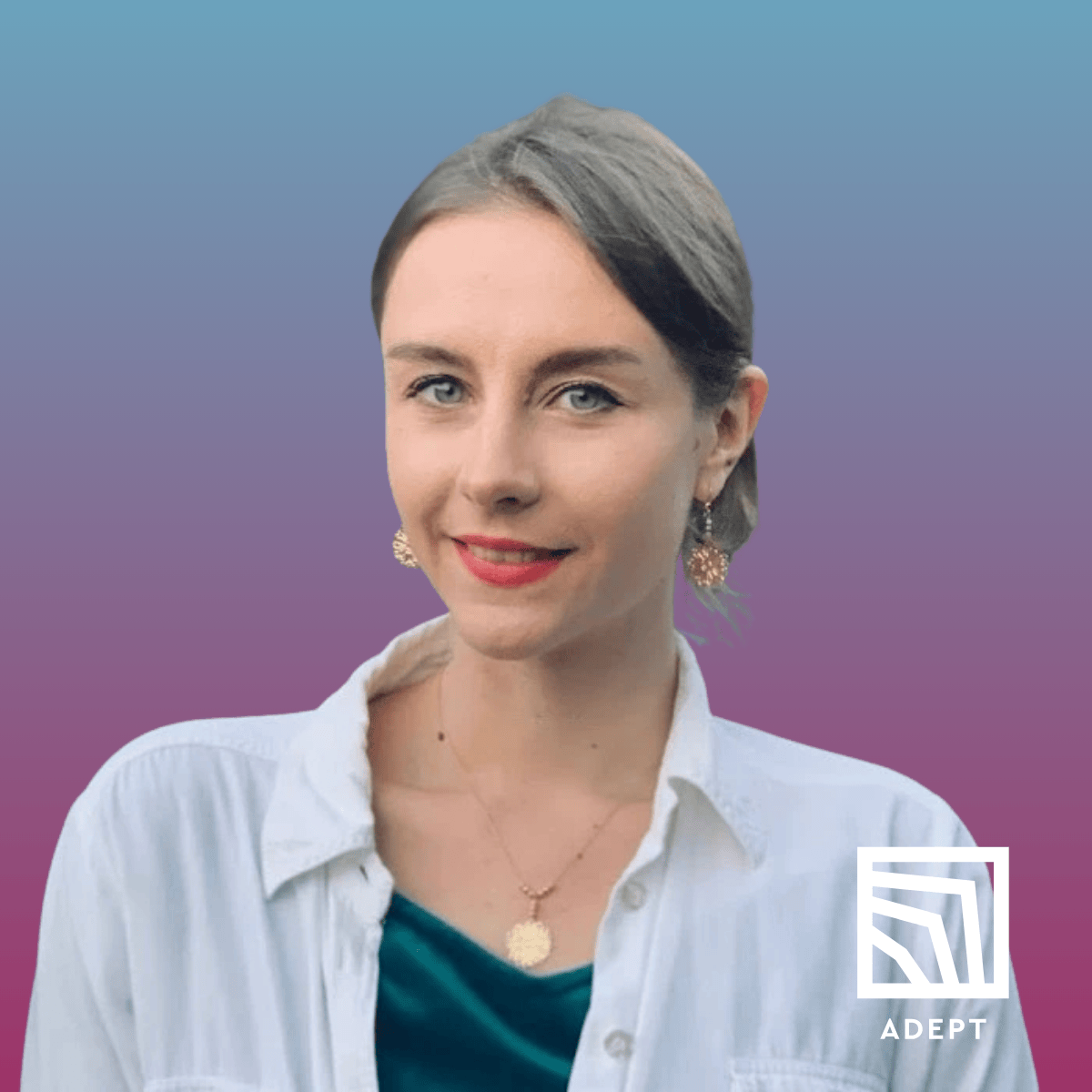
Johanna Hilla Sopanen
Tutor Group Leader
Johanna is a scholar, educator, researcher, and facilitator specializing in psychedelics and Depth Psychology. Her work explores symbolic thinking, meaning-making, and altered states of consciousness through creative, ritual, and ethically grounded practice. She currently works as a trial therapist for the MORE-KARE study examining the effects of ketamine on alcohol addiction. Alongside this, she offers mentorship and coaching for those navigating transformation and ethical psychedelic work.
Applications are considered as they come in. Limited spots available.
Contact Us
You can reach the ADEPT team via email.
adept@open-foundation.org
*
Unlock the Potential to Transform Lives
Immerse yourself to gain the tools to guide others through profound healing and personal growth journeys.
*
Embody Ethical Excellence and Cultural Awareness
Develop a therapeutic practice that respects diversity, inclusivity, and ethical integrity. Navigate complex challenges with confidence, integrating contemplative, somatic, and indigenous practices , and traditional wisdom to create meaningful connections.
*
Build Expertise with a Cutting-Edge Community
Develop a comprehensive and interdisciplinary understanding of psychedelics under the guidance of field experts. Become part of a network of like-minded professionals committed to shaping the future of mental health care.


